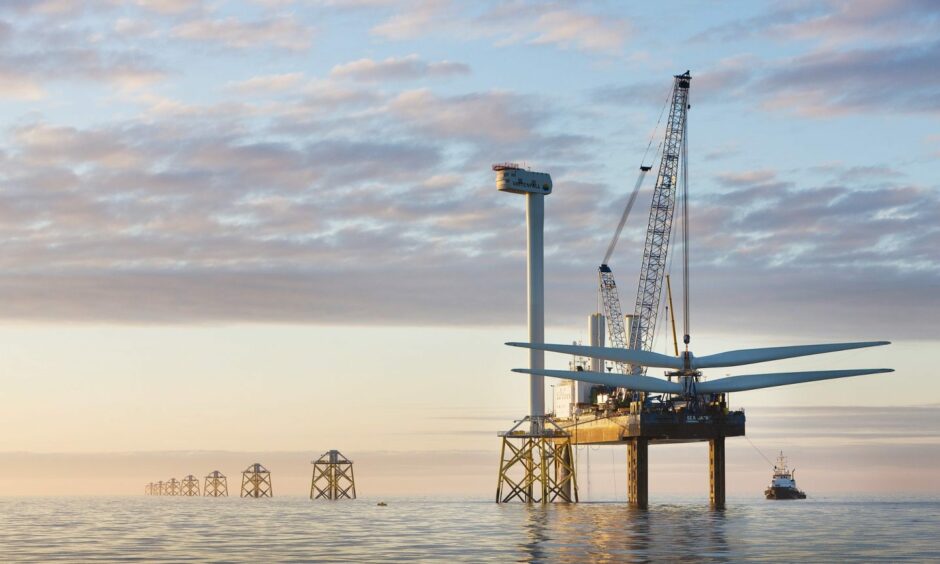
A trade body has hit out at “increasingly unsustainable” contracts in offshore wind, threatening targets for its rollout.
The International Marine Contractors Association (IMCA) warned projects risk “grinding to a halt” over “progressively poor market conditions” and “unrealistic expectations” of capital costs and share of risks in contracts.
Without reversing these problems, contractors will not be able to cope with the “inevitable” inflationary cycle, meaning investment decisions in offshore will be impacted.
IMCA, which represents 700 companies including upper tier contractors like Subsea 7 and TechnipFMC, has called for government and industry action to balance the scales.
Examples include payment terms. IMCA said “projects can grind to a halt” if contractors are not paid in a timely manner so “developers need to manage cashflow responsibly”.
Similar problems exist for insurance cover, weather risk and damages for delay.
On liability, the group said contractors can be exposed to “unlimited liabilities and ultimately company failure” and has called for a limit to the maximum financial exposure to an agreed level before deals are struck.
IMCA has developed a new Renewables Contracting Principles document, which reviews these issues to galvanise action.
The group, which has been engaged on most offshore wind projects outside of China, said current conditions threaten global offshore wind targets
While the UK itself is not called out specifically, it has among the most ambitious targets globally – 50 gigawatts by 2030.
Chief executive Allen Leatt said: “Marine contracting in offshore renewables has become increasingly unsustainable, which in turn places the long-term sustainability of the offshore wind energy industry at risk. This situation can only be reversed with a fairer allocation of risks and the shared alignment of project goals between government, investors, developers, and the supply chain.
“An allocation of risk that recognises the reality of offshore construction and reflects the need to encourage the development of increasingly technologically advanced project solutions. Greater flexibility and fairness is needed by allocating the risk to the Party who created it, or is best placed to manage it, and take responsibility for it.”
Without addressing these issues, marine contractors will be unable to address “inevitable inflationary cycle ahead, which will place project investment decisions at risk”.
Mr Leatt added: Solutions are readily possible by developers and contractors working to achieve a common alignment on project cost, schedule, and quality objectives; and thereby allocate the risks and rewards fairly and responsibly. Without this sort of approach, which we have seen in several business cycles within the offshore construction industry, we will be unable to address the inevitable inflationary cycle, which will place project investment decisions at risk.
“Our member companies play a vital role in the global offshore wind energy industry and have been heavily engaged with pretty much all the major offshore wind farms outside of China. Without a significant change in contracting strategy, the ambitious targets set by governments, investors, and developers, will not be achieved.”
Recommended for you

